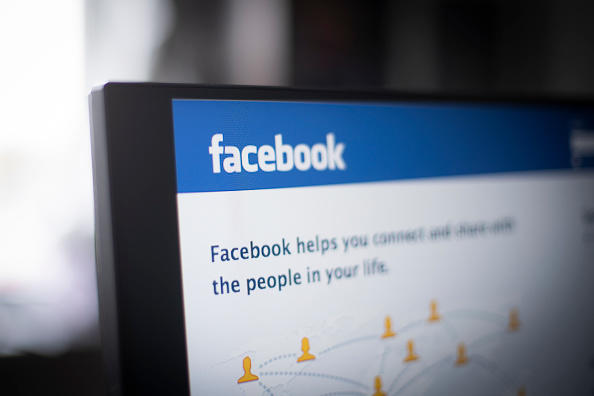Although the rise of white nationalism online is often portrayed as a quick, spontaneous event, most people of color online, have clocked it for years. The problem has simply gotten too big to ignore, especially on Facebook.
On Sunday, Facebook published its second update on the company’s Civil Rights Audit. This audit is meant to see where Facebook needs to implement further changes in order to strengthen civil rights and liberties on its platform. Led by American Civil Liberties Union Washington Director Laura Murphy, over 90 civil rights organizations contributed to the audit.
One of the key recommendations contained in the audit involved how Facebook handles white supremacy. In March, Facebook updated an existing policy to include banning white nationalism and separatism. However, that ban seemed to exist more in name than anything else, after the company said a video promoting white nationalism….didn’t fall under its white nationalism ban.
Although Facebook eventually removed the video, it speaks to what the audit identified as a major issue: Facebook’s policy is still “too narrow.” Right now, the policy only prohibits explicit praise, support, or representation of the terms “white nationalism” or “white separatism.”
“The narrow scope of the policy leaves up content that expressly espouses white nationalist ideology without using the term ‘white nationalist,'” the report stated. “As a result, content that would cause the same harm is permitted to remain on the platform.”
To solve that problem, the audit recommends that Facebook expands its policy so content that “expressly praises, supports, or represents white nationalist ideology” is banned — even if the terms “white nationalism” or “white separatism” isn’t explicitly used.
Facebook’s poor policy, however, reveals what many people of color have pointed out. The company isn’t equipped to handle white supremacy on its platform because Facebook doesn’t seem to really understand what that is. This lack of understanding leads to continued issues, as pointed out by Murphy in the report’s introduction.
“Without an active commitment by tech companies to understand these impacts, patterns of discrimination and bias can spread online and become more entrenched,” Murphy wrote. “When you consider all of the groups that are subject to discrimination, it is clear that civil rights issues don’t concern one set of people or one community but they affect everyone and speak to our shared values. As such, being responsive to civil rights concerns is not just a moral imperative but a business imperative for all online platforms.”
Facebook does plan to extend its policy, according to the company’s blog post. It will now include hate slogans and symbols that are connected to white nationalism and white separatism.
But even with those changes, Facebook still has a long way to go before the problem is ever really solved.

